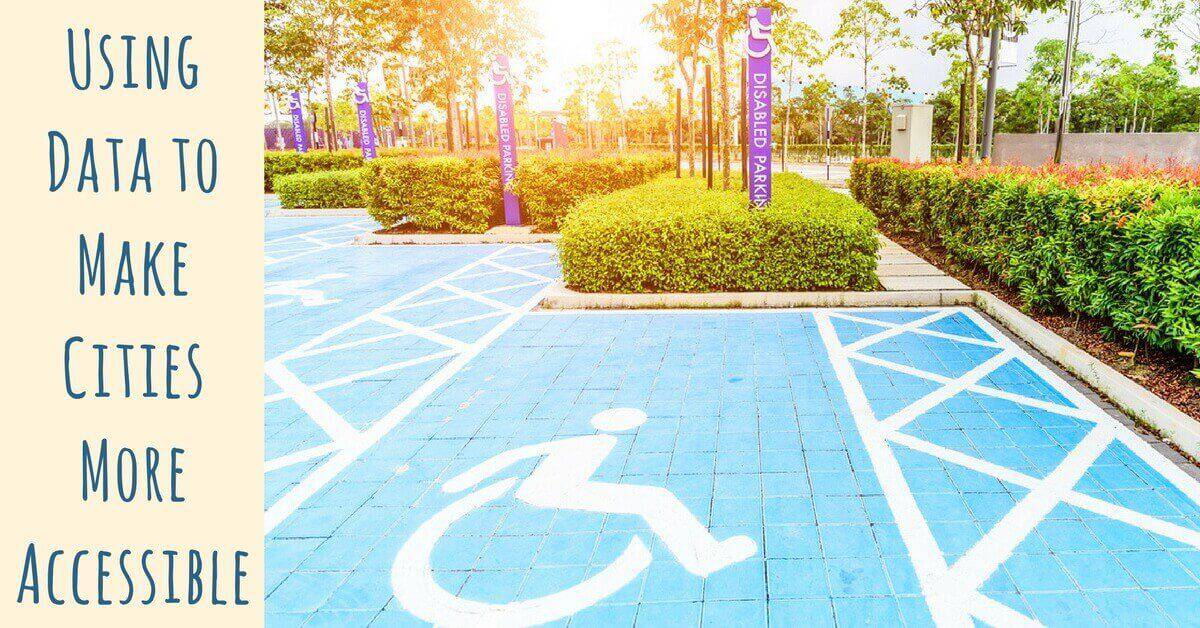Have you ever planned a visit to a local museum only to find they don’t have assistive listening technology? Or maybe you arrived for a family dinner at a nice restaurant only to discover it’s not wheelchair accessible, and you can’t use your walker to help you get inside. Entrepreneur Josep Esteba from Spain set out to change that once and for all.
Who is Josep Esteba?
Josep Esteba is the founder and CEO of a Spanish mobile app called Mapp4all, an app that’s changing lives around the world. Esteba has been a paraplegic for more than 20 years, after a car accident left him in a wheelchair. He’s faced the daily struggle of inaccessibility, fighting to get his wheelchair over curbs, or enter public buildings. That’s why he launched Mapp4all, the start of a journey to map cities for disabled people in major cities around the world.
Mapp4all
The Mapp4all app is a free app launched in 2015 to provide clear and accurate accessibility data. “Many years ago, I traveled a lot for work, and would arrive in cities that I didn’t know very well,” said Esteba. “That’s when I realized that there just wasn’t information for those that needed it.”
The app is designed to allow people to find out how accessible a building really is, before they ever visit it. Whether you’re in a wheelchair, or have a hearing or vision impairment, the app gives accurate data that’s just not out there anywhere else. The app uses data submitted by establishments, but relies heavily on self-reported user data, so you’ll know you have the real scoop. After all, if the information wasn’t accurate, you’d never use the app again. So far, this app has been downloaded in almost 3,000 cities around the world and operates in 9 languages.
Using New Data
Another exciting project out of University College London uses a low-cost sensor to collect accessibility data. Placed on wheelchairs, these sensors collect information on how and where the wheelchairs are being used, so you’ll get more up to date information on accessibility issues, for example in places where road work or construction has changed accessibility. The data can also be used to help cities to start designing more accessible spaces.
Why Accessibility is Important
According to the World Health Organization, 1 billion people in the world have a disability. Whatever the disability, these individuals have less access to services, fewer job opportunities, and lower education, largely due to the myriad of obstacles they face every day in accessing services most people take for granted. Moving around in cities can be especially challenging. Buildings without elevators, shops with stairs up to the door, or a big gap between the bus and the curb are all major obstacles. For those with hearing loss, navigating a city can be a struggle.
One of the biggest tragedies of the lack of accessibility is the decreased mobility of those with a disability. It’s easier to stay inside your comfort zone than risk getting caught off guard. Did your friend recently invite you downtown to try a new cafe that’s just opened? Did you choose not to go because you were afraid it might be crowded, or have too much background noise to allow you to follow conversations? Or did getting there mean you’d have to take a different bus than usual? It’s impossible to hear the stop, so maybe you were worried about knowing when to get off the bus.
Hearing Technology
If you’ve been struggling with accessibility, visit us at My Hearing Centers to find out about our hearing technology. Our hearing devices are like powerful computer chips, programed to meet your exact hearing needs. Whatever your level of hearing loss, you’ll be able to focus on speech sounds, tune out distracting background noise, and hear all the little sounds you’ve been missing. Many hearing aids also have streaming technology, meaning you can listen to music or take phone calls right in your hearing aids. Even your phone will be more accessible! You can go anywhere in your city, knowing you’ll hear announcements on public transit, and won’t get lost in conversation in noisy restaurants. Come see what a difference a hearing aid can make for you.


